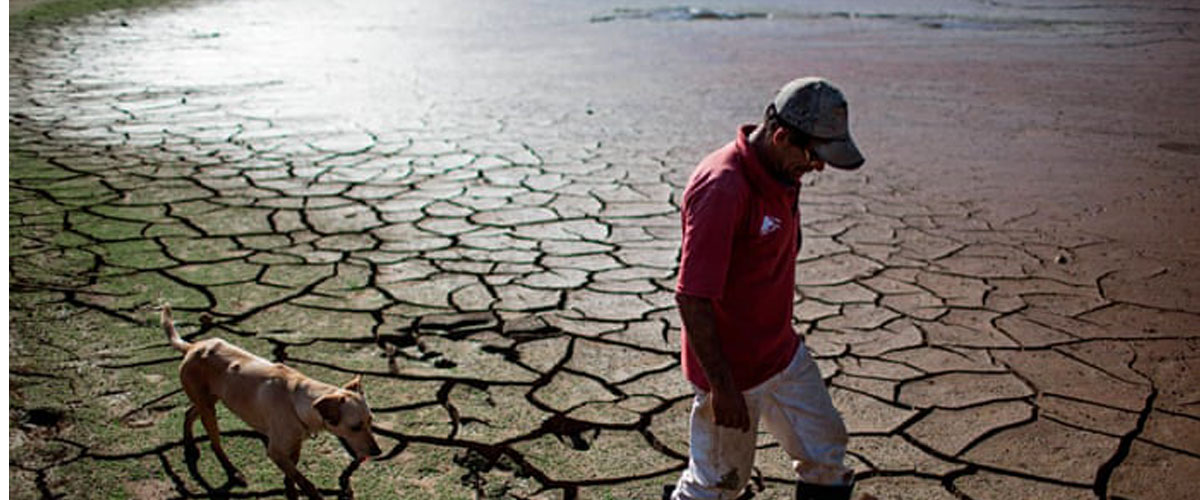The World Meteorological Organization (WMO) has warned against the rising global water-related hazards like floods and droughts, that could affect as many as 5 billion people. According to the UN weather agency, the global water resource management is “fragmented and inadequate” and countries should urgently adopt reforms to ramp up financing and boost cooperation on emergency warning systems ahead of a looming crisis.
‘The State of Climate Services 2021: Water’, a collaboration between the WMO, international organizations, development agencies, and scientific institutions, estimates that the number of people with inadequate access to water will top 5 billion by 2050 versus 3.6 billion in 2018. This report comes one week ahead of COP26 – the Climate Change conference by the UN, at Glasgow from October to November.
Petteri Taalas, secretary-general of the WMO said, “We need to wake up to the looming water crisis”
In the past two decades, all forms of stored water reservoirs are it on land or under the surface as snow or ice, have dropped to approximately 1cm/year. The most water losses have been observed in Antarctica and Greenland but the densely populated, low latitude areas are the ones that are going to be affected the most. According to the report, only 0.5% of the water on Earth is useable for consumption. Taalas told in a press release, “Increasing temperatures are resulting in global and regional precipitation changes, leading to shifts in rainfall patterns and agricultural seasons, with a major impact on food security and human health and well–being.”
When compared with the last 20 years, there has been a steady rise in the flood-related disaster by as much as staggering 134%, Taalas told, “We have seven percent more humidity in the atmosphere because of the current warming and that’s also contributing to the flooding.” To add fuel to the fire, there has been around a 30 percent increase in the amount and duration of drought events since 2000, with Africa the worst-affected continent. Overall, more than 300,000 people have been killed by floods and more than 700,000 by droughts and their impact on food production, the WMO said. What’s more, billions of people continue to live in water-stressed nations that lack even basic hygiene and sanitation services.
The report called for an urgent response to the impending crisis, but it was not all doom and gloom and highlighted numerous potential solutions and a path forward. It promoted a global ramping-up of Integrated Water Resource Management (IWRM), a process aimed at equitably and sustainably enhancing social welfare through “coordinated development and management of water.”
While the whole world is talking about climate change and its consequences, there is a need that the countries which are part of COP26 need to up their game to make a difference. Taalas said, “We cannot wait for decades to start acting. That’s also a message for countries like China which has said that they would like to become carbon neutral by 2060 but they don’t have a concrete plan for the coming decade.”
















Add comment